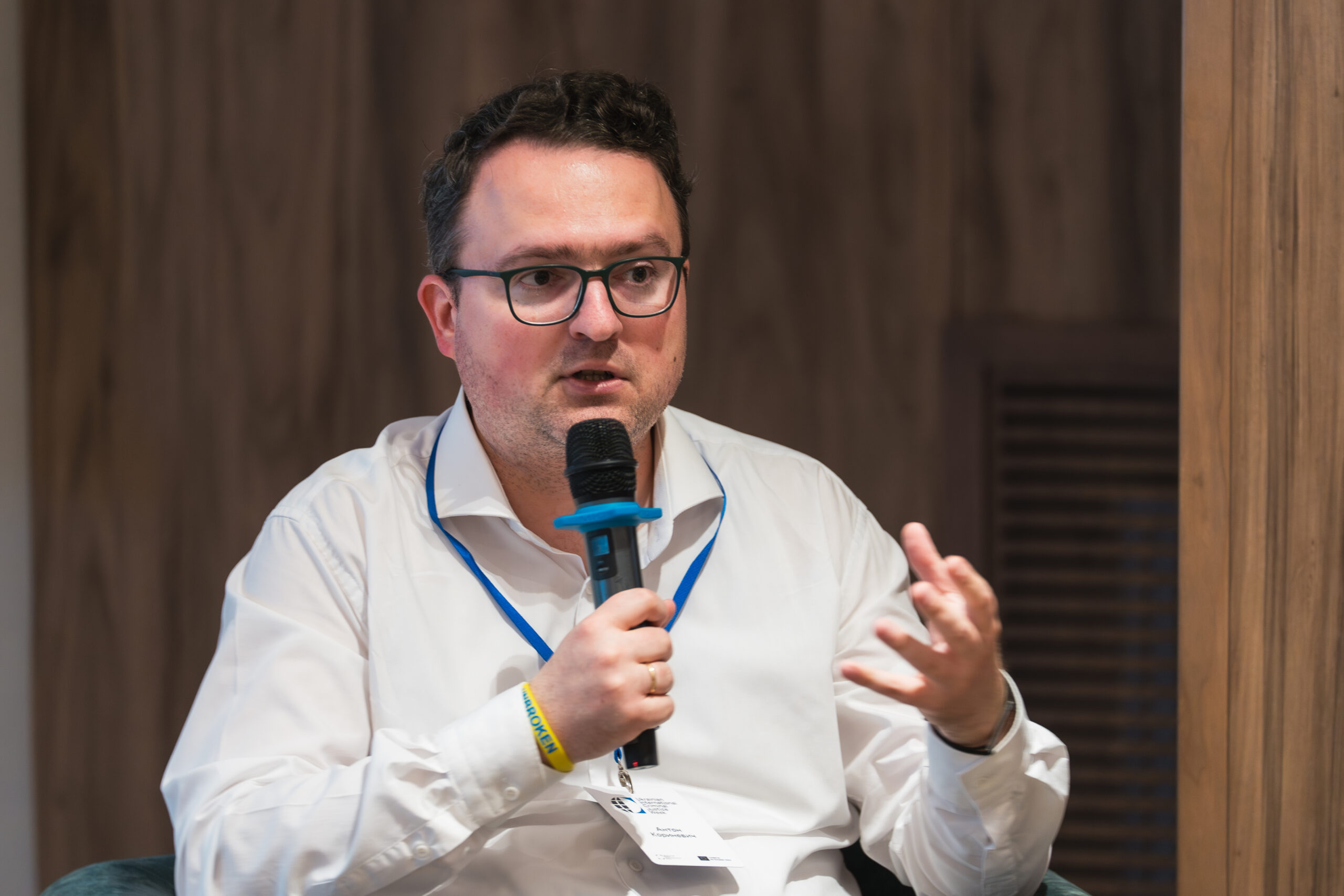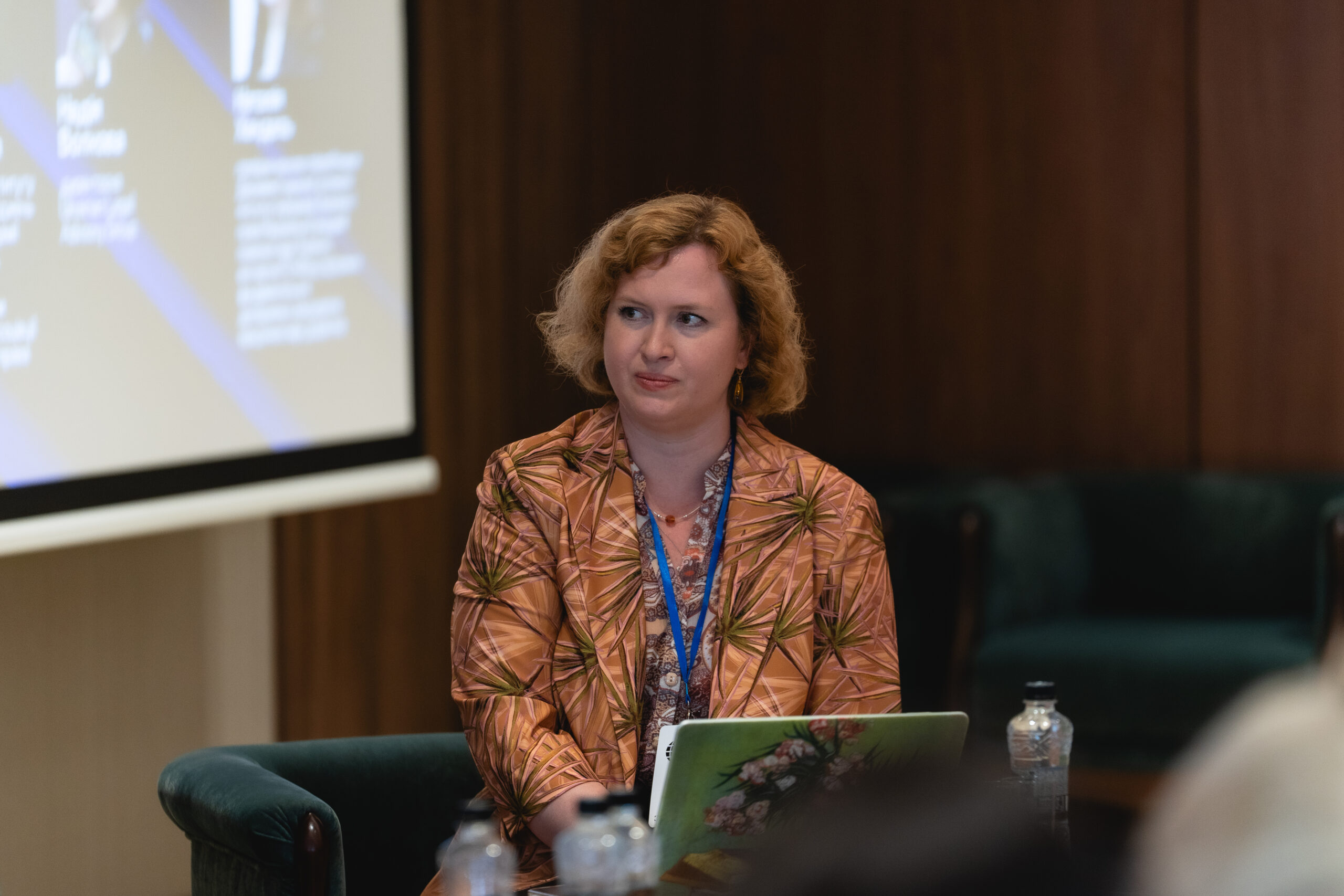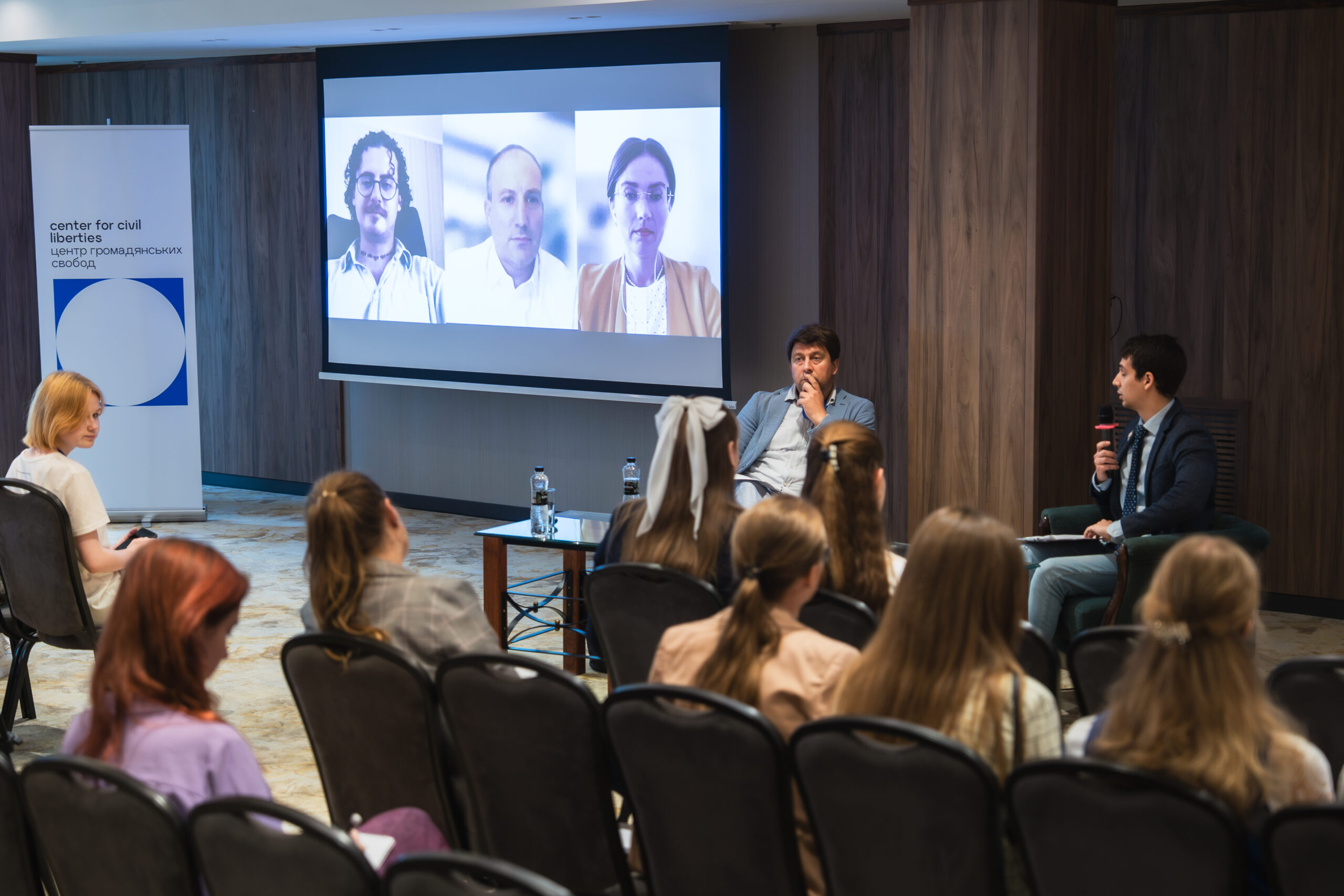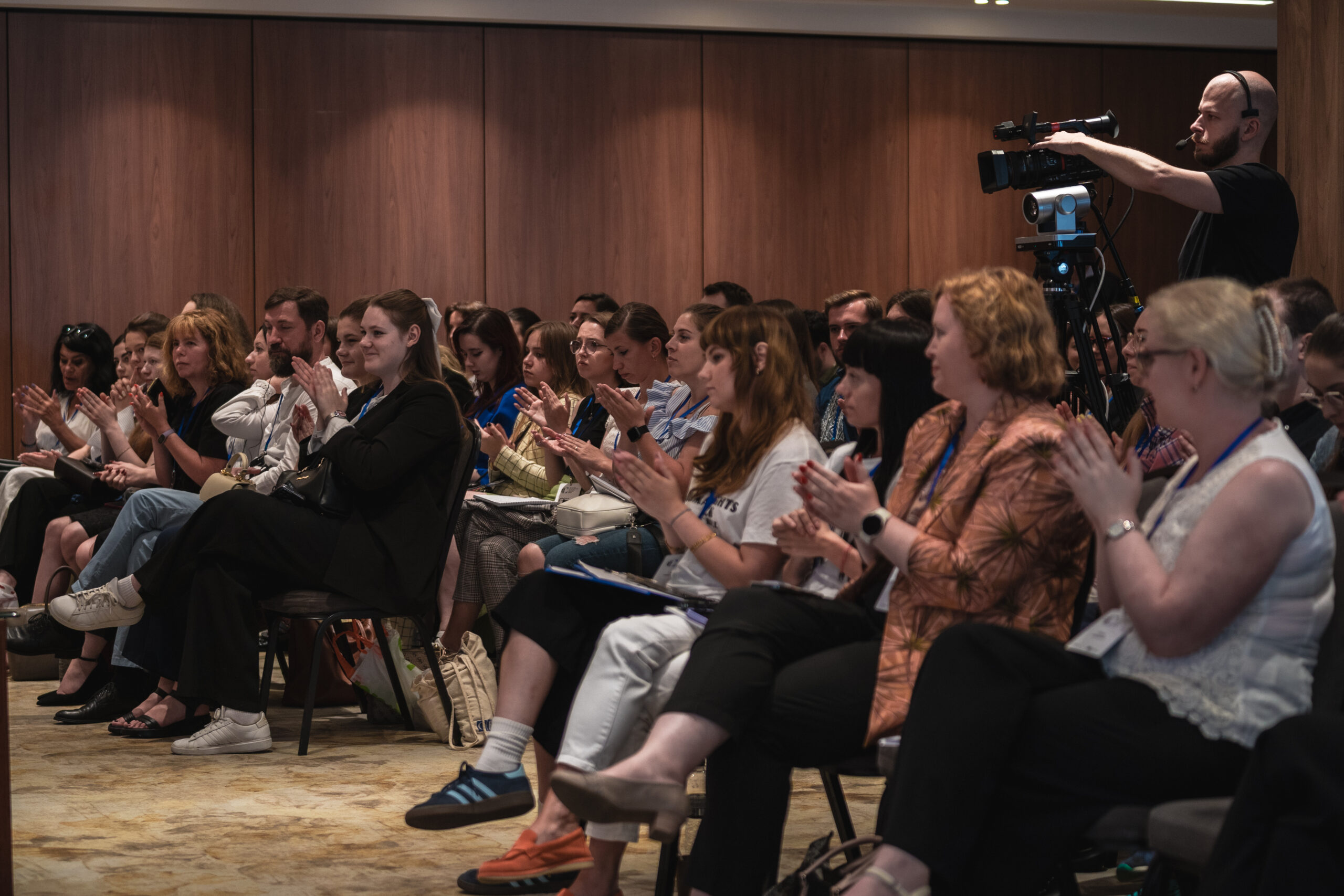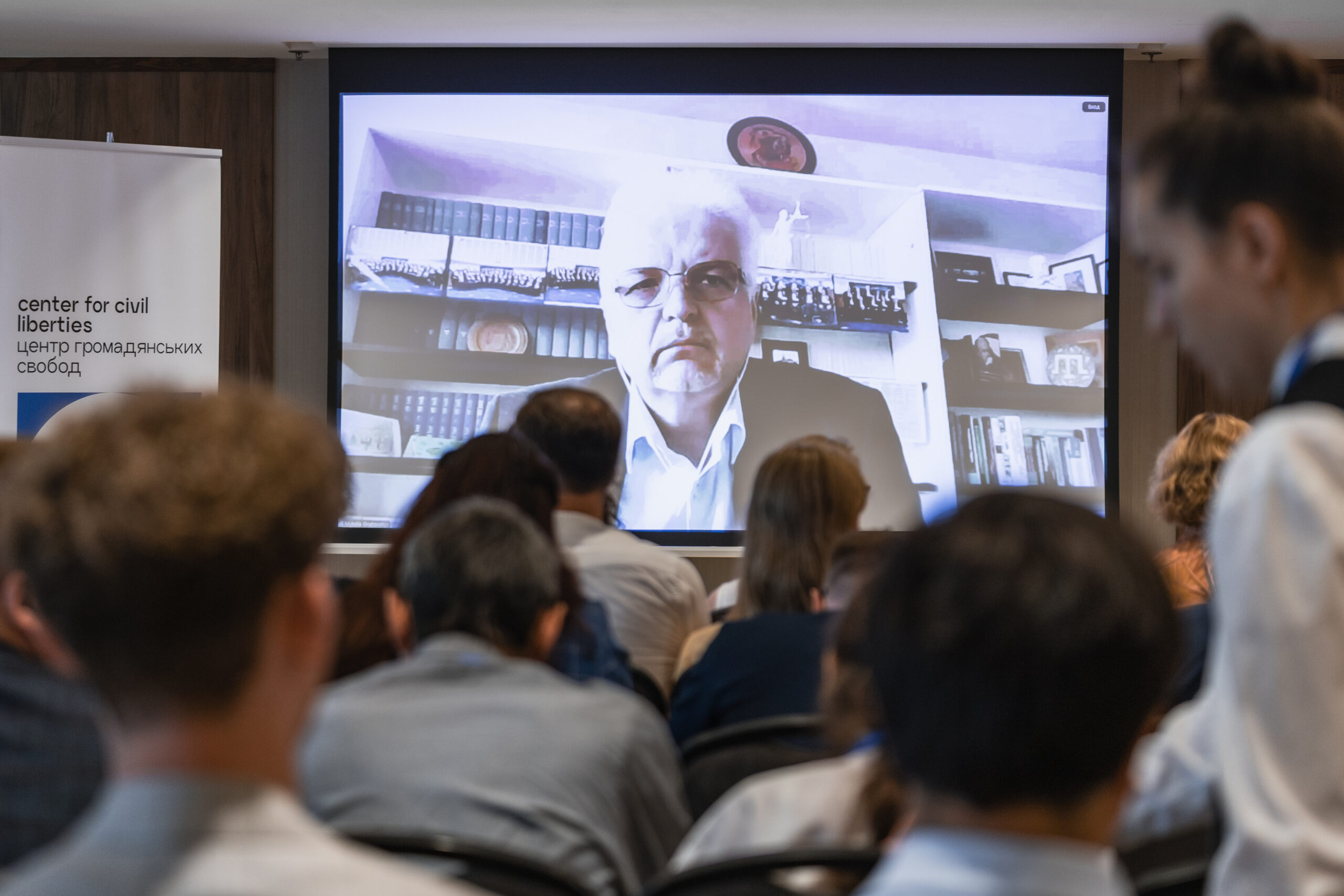In March 2022, a group of Ukrainian and foreign lawyers publicly called for the creation of a Special Tribunal for the punishment of the crime of aggression against Ukraine, arguing that the International Criminal Court does not have jurisdiction to investigate and prosecute this crime in relation to the situation in Ukraine, and that the verdict of any national court would clearly lack sufficient international legitimacy. On 25 June 2025, Ukraine and the Council of Europe signed an Agreement on the establishment of a Special Tribunal for the crime of aggression against Ukraine.
This event became the culmination of several years of efforts by Ukraine and more than 30 other states (the so-called Core Group) to create a mechanism that would provide an adequate legal response to the atrocities committed by senior Russian officials. However, the political decision taken gives rise to a number of legal and organisational challenges, the search for solutions to which will set the framework for the Tribunal’s activities in the coming years.
Answers to these questions are provided by the Director of the Department of International Law of the Ministry of Foreign Affairs of Ukraine, Envoy Extraordinary and Plenipotentiary of the second class, and Agent of Ukraine at the International Court of Justice, Anton Korynevych. The questions were posed by participants of a Q&A session held as part of the conference “Justice 2030: Scenarios for Ukraine” and by the session’s moderator, Candidate of Legal Sciences, Professor at the Department of Criminal Law Policy and Criminal Law of Taras Shevchenko National University of Kyiv, and expert of the Centre for Civil Liberties, Kostiantyn Zadoia.
“The Special Tribunal we now have can be a strong player”
Mr Anton Korynevych begins with a confession:
– The Special Tribunal is the main subject we have been working on for more than three years. We’ve come to see it as our own child. And indeed, we have very much wished, and still wish, for all this to become reality. There is an awareness that it is the right thing, that it is necessary for Ukraine, for the people, for history, for international law.
Throughout this period, we have experienced many emotional ups and downs, and situations where there was no understanding of “what comes next?”. It is probably easier when you are doing something within your own state and it is entirely within your jurisdiction. In our case, however, there are more than 40 stakeholders – states and international organisations – so there has never been certainty regarding timeframes or results. Moreover, when we began our work, we were fully aware that there might be no result at all.
But expectations have been more than met – the Special Tribunal we have now can be a strong player. This is undoubtedly possible thanks, among other things, to the political will of Ukraine and our international partners. One can write anything one wishes, but if there is no political will to implement it, then there will be no result. Our thoughts and efforts are now directed towards concluding, as soon as possible, the Enlarged Partial Agreement on the establishment of the Steering Committee of the Special Tribunal. On the Ukrainian team’s side, we are already doing everything to bring this moment closer.
– The idea of establishing the Special Tribunal was put forward by a group of Ukrainian and foreign lawyers in March 2022. The Agreement on the establishment of the Special Tribunal was signed in June 2025. In your opinion, how quickly did this happen?
– Many colleagues who have been working in diplomacy much longer than I have unequivocally say that 3.5 years in diplomacy is but a moment, not a period. For example, let us recall how long the work took to develop the Rome Statute of the International Criminal Court. We still do not have a single convention on crimes against humanity, and work on it has been going on for decades. I believe that 3.5 years is simply lightning-fast.
And here one cannot think in categories of national jurisdiction, where results can be achieved in months. This is a different sphere, where not everything depends on one state. When we think about time, we must also take into account the importance and sensitivity of the matter. We are speaking about the individual criminal responsibility of state leaders. Therefore, this is indeed a very good result.
“If 50 countries join the work of the Special Tribunal – we shall be very pleased”
– When can the process of forming the working bodies of the Special Tribunal be expected to be completed?
– I have hopes that many steps can be taken in 2026. But a more realistic answer is 2027. We are trying to make everything as quick as possible, and we shall do everything to this end. If we quickly reach the adoption of the Enlarged Partial Agreement and secure the consent to it from our partner states, then it may be sooner.
– Could you comment in more detail on the dynamics of creating the working bodies in the ideal scenario?
– At present, we have two out of the three elements of establishing the Special Tribunal. The Agreement in Strasbourg has been signed, and Ukraine has given its consent to be bound by it. The third element is the submission to the Committee of Ministers of the Council of Europe of the Enlarged Partial Agreement on the establishment of the Steering Committee of the Special Tribunal. After the Committee of Ministers of the Council of Europe approves this Enlarged Partial Agreement, states will begin to express their consent to it. Some will do this through ratification, some by accession, and some will automatically implement it, as that is how their national legal system operates.
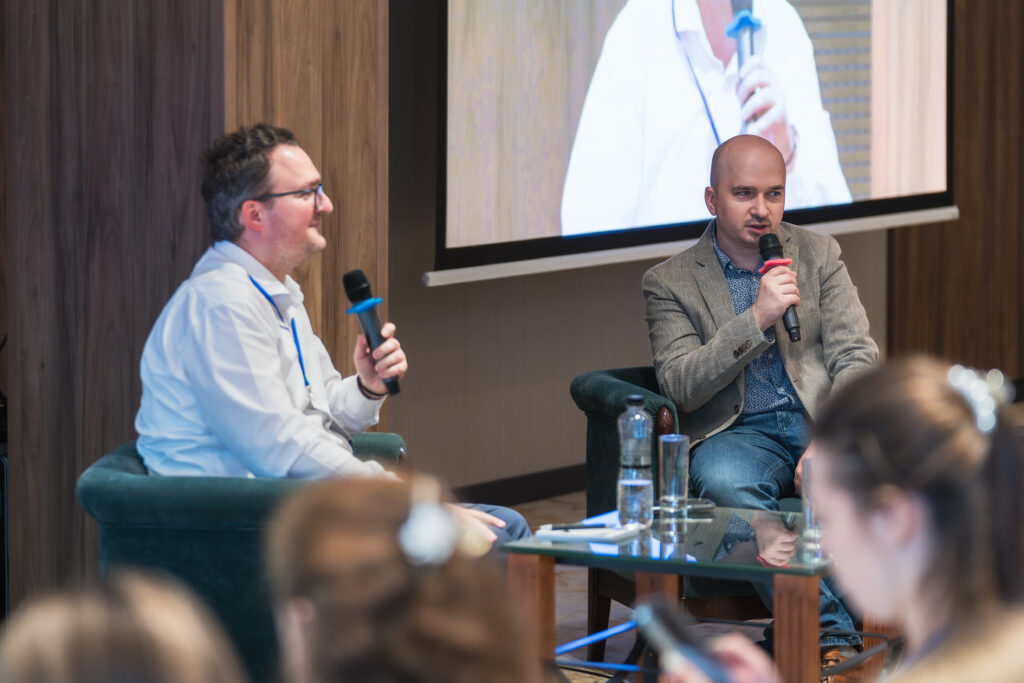
Why is this important? Because the Steering Committee is something akin to an Assembly of States Parties. Each state that will finance the work of the Special Tribunal and deal with the administrative and financial matters of the Tribunal’s activities will be represented there. For example, the Committee will elect the judges and the Prosecutor. This element is therefore necessary for us to proceed to the direct commencement of the Tribunal’s work on the ground.
– How many states, in your opinion, will ultimately join the work of the Special Tribunal?
– At the end of the physical work of the Core Group, there were 39 states, as well as the Council of Europe and the European Union. These are all EU member states except two. I hope that all of them will join the Enlarged Partial Agreement, and in the capacity of either a member or an associate member will take part in the work of the Steering Committee. If the number reaches 50, we shall be very pleased, as we are making enormous efforts to involve as many actors as possible in this process.
“The Special Tribunal will not recognise any functional immunities”
– When can the first charges from the Prosecutor of the Special Tribunal be expected?
– I think 2028 is a realistic option. In order to speak about timeframes, we need to understand when the Tribunal will start operating, when we will have premises in The Hague, when the Prosecutor and judges will be elected, and so on. There are many factors involved.
– And how many accused persons should we expect – how many people will stand trial before the Special Tribunal?
– It will be for the judges to decide how many accused are to be convicted within the framework of this international mechanism, rather than under national jurisdictions. The list could comprise around 20 individuals. These might be the permanent members of the so-called Security Council of the Russian Federation who voted for the aggression. The names there hardly change over the years. The Tribunal must focus solely on the top political and military leadership of Russia. However, our Tribunal is called the Special Tribunal for the Crime of Aggression against Ukraine – without specifying from which state. The circle of potential accused is therefore not limited, meaning it could also be the leadership of states other than the Russian Federation.
– When can the first verdict of the Special Tribunal be expected?
– I think in 2029-2030.
– The current head of the Russian Federation, while in office, is exempt from the jurisdiction of this Special Tribunal. How consistent is that with its mission?
– From the very beginning, we said there should be no immunities whatsoever. Unfortunately, many of our key partners, including certain G7 states, held a radically different position. Therefore, we had to arrive at a compromise acceptable to all. Otherwise, we would have had to admit that there would be nothing at all. In my view, we have reached a fairly good solution.
The Statute of the Special Tribunal contains not a single word on personal immunities for the “Trio” [Putin, Mishustin, Lavrov] – this was a principled position for Ukraine. But indeed, while the “Trio” remain in office, the judges will temporarily suspend proceedings. As soon as they leave office, the proceedings will automatically resume. This is the compromise we have managed to achieve.
There is also a provision that the Special Tribunal will not recognise any functional immunities. And – which is very important – the possibility of trials in absentia. We are convinced that this is one of the key distinguishing features of this Tribunal. No one else in international law can convict these individuals in absentia. But this Tribunal will be able to.
– Regarding the elements of the crime of aggression – will we see anything conceptually different from what already exists in contemporary international law?
– The Kampala Amendments are not supported by all states in the world. Many simply criticise them. Therefore, we have found an option which I think is good and workable. The basis of the definition of the crime of aggression in the Statute of the Special Tribunal is Kampala. An additional threshold is added – that all this must constitute both an act of aggression and a war of aggression, as a legacy of Nuremberg. And the inclusion of the latter element was, in particular, a demand of many G7 participants. The states which strongly support Kampala have confirmed that this definition is acceptable to them.
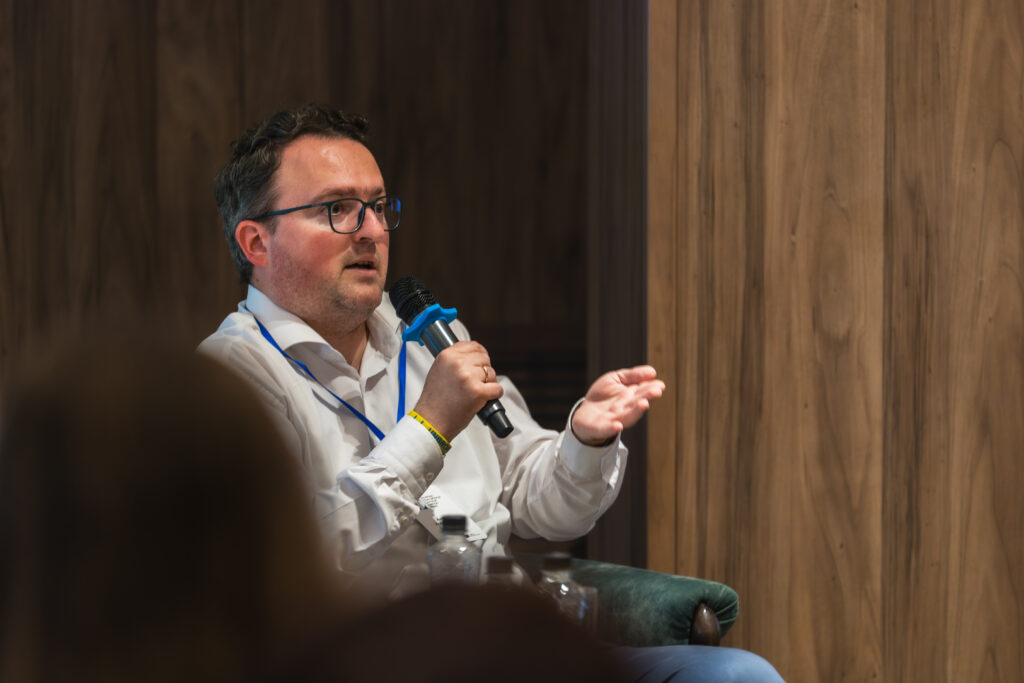
Of course, we have officially supported Kampala II. We are a principled state that has its own position and understanding of our moral, political, and legal responsibility. The legal team of the Ministry of Foreign Affairs sees everything, hears everything, and is working.
– Is there already an idea of where the Tribunal will be located?
– We very much want it to be The Hague. And the Netherlands is expressing political readiness for this; there is currently a closed internal technical process ongoing there on the matter.
“The Special Tribunal will deal solely with the crime of aggression, and this is supported by the international community”
– Why was it decided to limit it solely to the crime of aggression?
– Other international crimes can be prosecuted by the International Criminal Court. I am convinced that our international partners would not have supported us in creating parallel jurisdiction. Instead, we have taken up a gap that is important, clear, and obvious to our international partners. That is why Ukraine’s efforts to create a tribunal precisely on the crime of aggression have received support from a large part of the international community.
– Why is there virtually nothing in the Statute about victims?
– Here, states had very different positions and there were serious discussions. Even highly progressive international lawyers hold the view that the crime of aggression is committed against the entire state and the entire people. How then can one determine who is a victim more than others and who should represent them? Ultimately, we arrived at the option you now see. It is a decent one, given the lack of prior practice.
– What is your opinion on the possibility of prosecuting, at the international level, the abduction of Ukrainian children as a crime?
– Our Special Tribunal will deal solely with the crime of aggression. The matter of children is, without doubt, extremely important, but it falls under the jurisdiction of the ICC and the national courts of Ukraine. However, the crime of aggression allows us to record its most horrific manifestations – including crimes against our children – as among the gravest crimes committed during the Russian Federation’s aggression against Ukraine.
– Can territorial community associations act as victims of the crime of aggression?
– Yes, absolutely. But it will be for the judges of the Special Tribunal to decide whom they will hear as particularly affected groups.
This conversation took place during the conference “Justice 2030: Scenarios for Ukraine” within the framework of the Ukrainian International Criminal Justice Week, which is organised annually by the Center for Civil Liberties around International Justice Day – 17 July.

